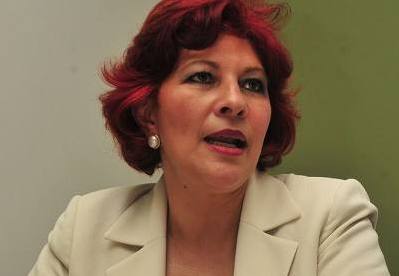Central America: Panama, Nicaragua, Guatemala

Mark Wood, Research Advisor
Marylin Vallarino, Member of Congress, National Congress of Panama
Ms. Vallarino spoke of the various institutions which form or mold a person’s behavior and character including the family, school, religion, media and “the street”. She focused on the importance of religion in helping to create just, compassionate, caring people and a society of peace, justice and fairness. She spoke of how this by-product of religion helps to temper the always present political temptation for power. The political society must be harmonized with religious values in order to correctly create a community where love for others and a concern for their welfare is not lost.
Brenda Ninoska Martínez Aragón, Attorney at Law, Taboada y Asociados, Nicaragua
Ms. Martínez gave a brief overview of the religious composition of Nicaragua, including the historical reasons for regional differences within the country. Ms. Martínez spoke of how to and the need for the legal registration of religious entities. She discussed recently proposed and enacted legislation and the challenges these laws impose on religious institutions in such areas as taxes, visas and funding. Ms. Martínez suggested that the Nicaraguan religious community is entering into a time of increasing uncertainty and challenge. She suggested that religious organizations should band together to collectively voice their concerns respecting anti-democratic, anti-religious government actions.
Carlos Sabino, Professor, Universidad Francisco Marroquin, Guatemala
Mr. Sabino presented a history of Guatemala and the role played by religious organizations, in particular the Roman Catholic Church, from the colonial period to the present. He emphasized the recent loss of Catholic adherents to other Christian denominations, in large measure a result of the Catholic clergy’s embrace of the communist/socialist liberation ideology during the latter half the 20th century. He perceives a current transfer of religious feeling to faith in the secular state as the provider of the peoples “manna”.